Research and publications
We carry out transport research, think-pieces and policy guidance for national agencies, local councils, and other clients, and regularly publish and present to the industry (including many award-winning papers). Below are links to our latest published work:

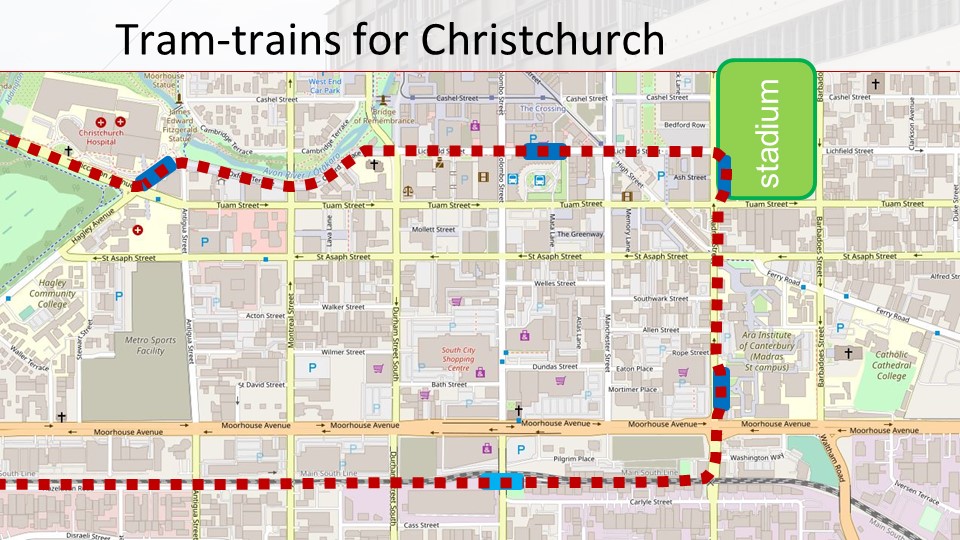 Te Pūtahi, the Christchurch centre for architecture and city-making, organised an event to introduce the new requirements and tools enacted by the new National Policy Statement on Urban Development. Axel Downard-Wilke was nominated by the Transportation Group to throw light on the transportation implications and how to make a denser city accessible for all.
Te Pūtahi, the Christchurch centre for architecture and city-making, organised an event to introduce the new requirements and tools enacted by the new National Policy Statement on Urban Development. Axel Downard-Wilke was nominated by the Transportation Group to throw light on the transportation implications and how to make a denser city accessible for all.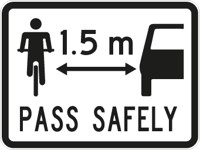 As part of the Biketober Christchurch transport seminar series during Oct 2020, Glen Koorey gave a public presentation and chat introducing some of the basics of transport law as it relates to biking in NZ.
As part of the Biketober Christchurch transport seminar series during Oct 2020, Glen Koorey gave a public presentation and chat introducing some of the basics of transport law as it relates to biking in NZ.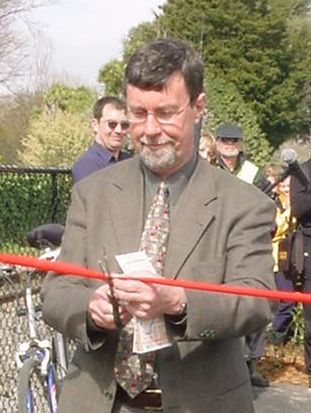 For Biketober 2020, Axel prepared a potted 21st century history of cycling in Christchurch titled "From moratorium to major cycle routes". The talk discussed which individuals had a major impact on what did happen in Christchurch, and what was prevented from happening.
For Biketober 2020, Axel prepared a potted 21st century history of cycling in Christchurch titled "From moratorium to major cycle routes". The talk discussed which individuals had a major impact on what did happen in Christchurch, and what was prevented from happening. This article presents a comprehensive conceptual framework for modelling safe walking and cycling routes to school for adolescents. The framework has been developed based on several existing relevant frameworks. The framework identifies built environment features and traffic safety factors to consider when modelling safe walking/cycling routes to secondary schools.
This article presents a comprehensive conceptual framework for modelling safe walking and cycling routes to school for adolescents. The framework has been developed based on several existing relevant frameworks. The framework identifies built environment features and traffic safety factors to consider when modelling safe walking/cycling routes to secondary schools.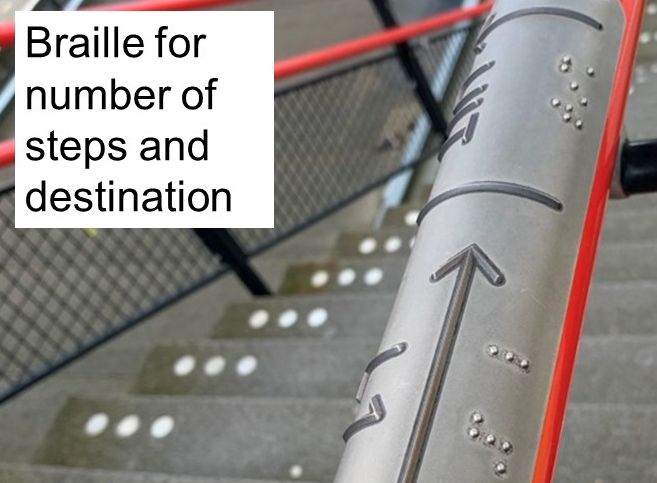 The 2019 Walk21 conference was held in Rotterdam, The Netherlands. New Zealand was represented by John Lieswyn of ViaStrada and Gerry Dance of the NZ Transport Agency. John presented on encouraging walking to school. At the 2020 Transportation Conference in Christchurch, John revealed highlights from the Walk21 conference deemed most applicable to the New Zealand context.
The 2019 Walk21 conference was held in Rotterdam, The Netherlands. New Zealand was represented by John Lieswyn of ViaStrada and Gerry Dance of the NZ Transport Agency. John presented on encouraging walking to school. At the 2020 Transportation Conference in Christchurch, John revealed highlights from the Walk21 conference deemed most applicable to the New Zealand context.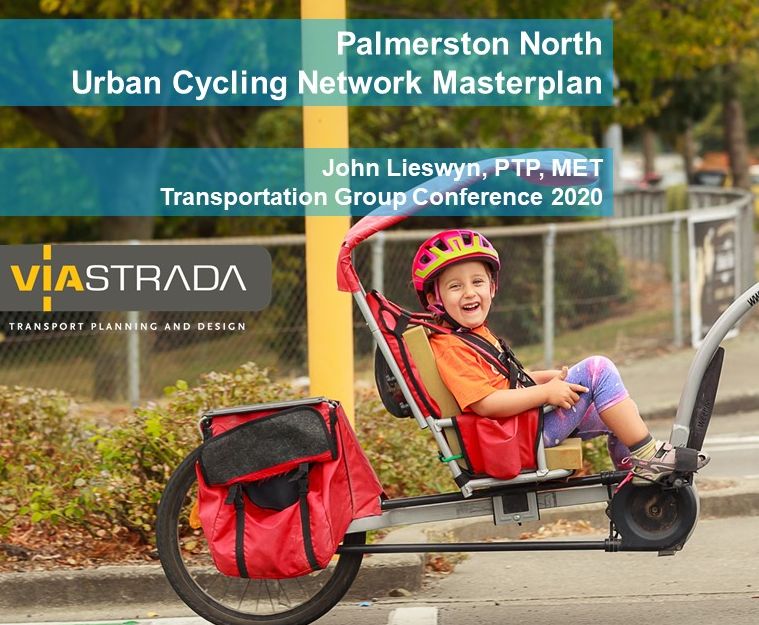 Palmerston North once had the highest rate of cycling to work (as measured by the census) in New Zealand, but in recent years the number of cycling trips has been declining. With a goal to "have the most active community in New Zealand", elected members directed staff to develop a masterplan that would set a long-term direction as well as inform a $2.9M investment in the near term. The final plan highlights four main challenges to implementation. These are not just technical problems to be quantified by economists and solved by engineers. A project-related "bike-lash" (pushback from business owners) also highlighted the need to work with affected communities to demonstrate why change is needed and to explore alternatives that meet our shared liveability, accessibility, and safety objectives.
Palmerston North once had the highest rate of cycling to work (as measured by the census) in New Zealand, but in recent years the number of cycling trips has been declining. With a goal to "have the most active community in New Zealand", elected members directed staff to develop a masterplan that would set a long-term direction as well as inform a $2.9M investment in the near term. The final plan highlights four main challenges to implementation. These are not just technical problems to be quantified by economists and solved by engineers. A project-related "bike-lash" (pushback from business owners) also highlighted the need to work with affected communities to demonstrate why change is needed and to explore alternatives that meet our shared liveability, accessibility, and safety objectives.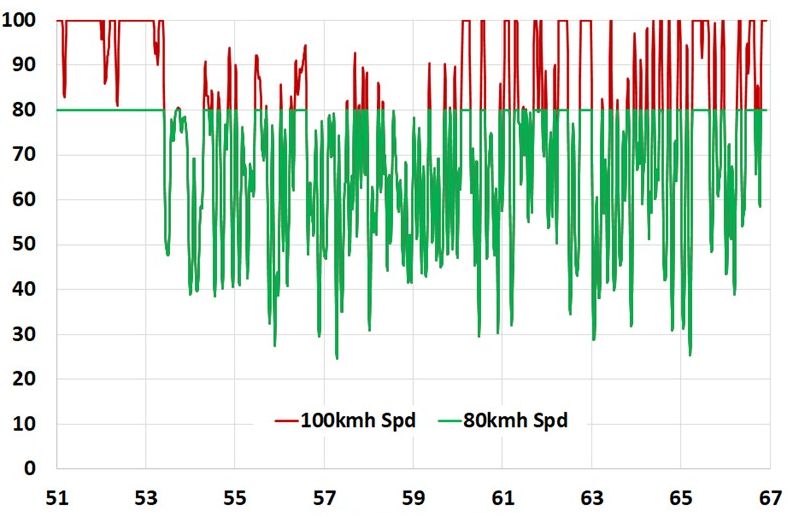 Lower speeds are one of the fundamental ways to improve road safety outcomes in New Zealand and to provide more equity and access to a wider range of safe travel choices. One of the most common arguments stated against lower speed limits is the effect on travel times. This presentation by Glen at the 2020 Transportation Conference answers the question whether speeds greatly affect travel time.
Lower speeds are one of the fundamental ways to improve road safety outcomes in New Zealand and to provide more equity and access to a wider range of safe travel choices. One of the most common arguments stated against lower speed limits is the effect on travel times. This presentation by Glen at the 2020 Transportation Conference answers the question whether speeds greatly affect travel time.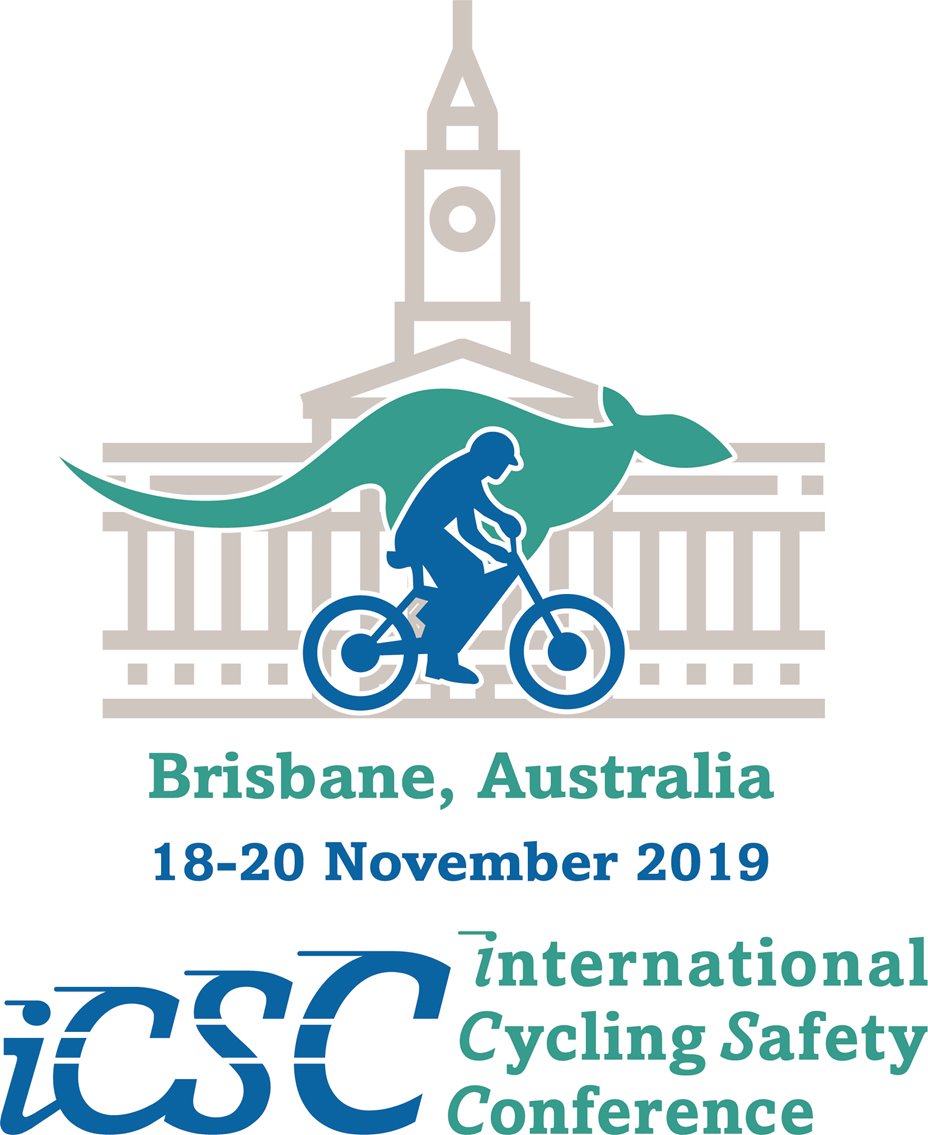 At the 8th International Cycling Safety Conference in Brisbane, Nov 2019, Glen delivered a keynote presentation looking at the relationship between cycling infrastructure, usage, and safety.
At the 8th International Cycling Safety Conference in Brisbane, Nov 2019, Glen delivered a keynote presentation looking at the relationship between cycling infrastructure, usage, and safety.